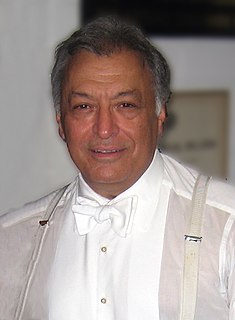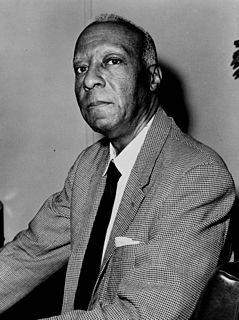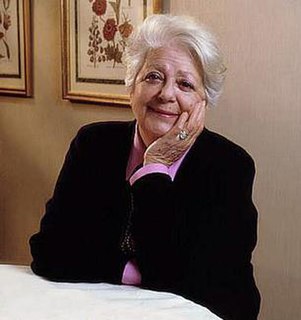A Quote by Oscar Wilde
If art is to have a special train, the critic must keep some seats reserved on it.
Related Quotes
At best, the relationship between drama critic and playwright is a pretty twiggy affair. When I'm asked whom I write for, after the obligatory, I write only for myself, I realize that I have an imaginary circle of peers - writers and respected or savvy theatre folk, some dramatic writers and some not, some living, some long gone. . . . Often a writer is aware as he works that a certain critic is going to hate this one. . . . You don't let what a critic might say worry you or alter your work; it might even add a spark to the gleeful process of creation.
Power and those in control concede nothing ... without a demand. Hey never have and never will... Each and every one of us must keep demanding, must keep fighting, must keep thundering, must keep plowing, must keep on keeping things struggling, must speak out and speak up until justice is served because where there is no justice there is no peace.
I was the first critic ever to win a Tony - for co-authoring 'Elaine Stritch at Liberty.' Criticism is a life without risk; the critic is risking his opinion, the maker is risking his life. It's a humbling thought but important for the critic to keep it in mind - a thought he can only know if he's made something himself.
Contemporary art is based on that an artist is supposed to go into art history in the same way as an art historian. When the artist produces something he or she relates to it with the eye of an art historian/critic. I have the feeling that when I am working it is more like working with soap opera or glamour. It is emotional and not art criticism or history of art.







































